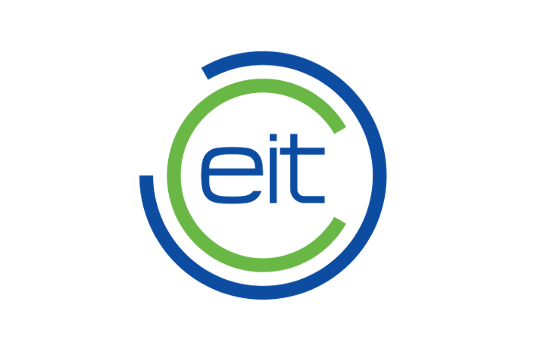 EIT Health, a network of best-in-class innovators backed by the EU, has announced the second year of its innovation programme, Wild Card. The second year of high-risk innovation programme Wild Card kicks off this week, challenging talent to deliver real solutions to the healthcare market.
EIT Health, a network of best-in-class innovators backed by the EU, has announced the second year of its innovation programme, Wild Card. The second year of high-risk innovation programme Wild Card kicks off this week, challenging talent to deliver real solutions to the healthcare market.
- EIT Health Wild Card programme application window open until 10 February 2019, looking for entrepreneurs, scientists, medical professionals, technical experts and researchers.
- Successful applicants will be shortlisted for 2019 hackathon where they will fight for business support and funding.
- Winning teams will receive world class business mentoring and €2 million in funding over two years.
- Jan-Philipp Beck, EIT Health CEO: "We know this talent is out there... through this programme, we hope to bring their ideas to the next level."
Individuals will be taken on an entrepreneurial journey to become high-performing teams transforming their idea into a healthcare product or solution, thanks to the world class business mentoring, coaching and networking opportunities provided throughout four-phase innovation programme, Wild Card.
This year, Wild Card will focus on two challenges: mental and brain health and digital biomarkers in diagnostics.
The programme will build momentum through a week-long hackathon in April 2019 determining which ideas are selected to go through to the next phases; including a business acceleration and mentoring programme, and a final pitching round.
The ultimate goal of Wild Card is to create two new ventures and award them two years of support and €2 million in non-dilutive funding, helping them grow their high-risk ideas into thriving commercial businesses.
Each year, Wild Card sets down different challenges to the innovation community. Last year’s programme resulted in the development of two projects tackling the areas of antibiotic resistance and the use of data to enhance diagnostics: DX-Labtrack and Abtrace. These two newly-created start-ups will work with EIT Health over the next two years to accelerate their products towards market-readiness.
Wild Card is now offering the opportunity for new applicants to join the programme, looking at two major key issues that impact citizens' health in Europe. This year's hopeful candidates must present their experience, skills and ideas to address one of two questions:
- Mental and brain health - How to improve prediction, diagnosis and treatment to fight mental disorders and strengthen brain health?
- Digital biomarkers - How to improve early diagnostics with the application of digital biomarkers?
Commenting at the Wild Card programme application launch, EIT Health's CEO Jan-Philipp Beck said: "Now in its second year, Wild Card continues its search for risk-taking game changers who have the potential to bring about transformations in healthcare. We know this talent is out there and looking for the right opportunities. Through this programme, we hope to find them and offer them the business, research and financial supports necessary to bring their ideas to the next level."
Applications can be submitted via wildcard.eithealth.eu from 10 December 2018. The deadline for applications is 23:59 CET (Central European Time), 10 February 2019.
About the Wild Card programme
Wild Card is a game-changing health innovation programme pioneered by EIT Health. Each year, Wild Card sets out different healthcare challenge areas, with the goal of delivering solutions to enable European citizens to live longer, healthier lives. Focusing on applied research, entrepreneurial ideas and innovative thinking, Wild Card takes a venture-building approach that identifies, fosters and helps develop high-risk ideas into thriving commercial businesses.Through this unique programme, EIT Health offers world class mentors and business coaches to equip participants with the knowledge and expertise necessary to start on the right path; supports and accelerates the formation of skilled and ambitious teams by facilitating connections with other like-minded innovators; and funds these teams on their journey, from ideation to start-up incorporation.
About EIT Health
EIT Health is a network of best-in-class health innovators backed by the EU. We collaborate across borders to deliver new solutions that can enable European citizens to live longer, healthier lives.As Europeans tackle the challenge of increasing chronic diseases and multi-morbidity, and seek to realise the opportunities that technology offers to move beyond conventional approaches to treatment, prevention and healthy lifestyles, we need thought leaders, innovators and efficient ways to bring innovative healthcare solutions to market.
EIT Health addresses these needs. We connect all relevant healthcare players across European borders - making sure to include all sides of the "knowledge triangle", so that innovation can happen at the intersection of research, education and business for the benefit of citizens.